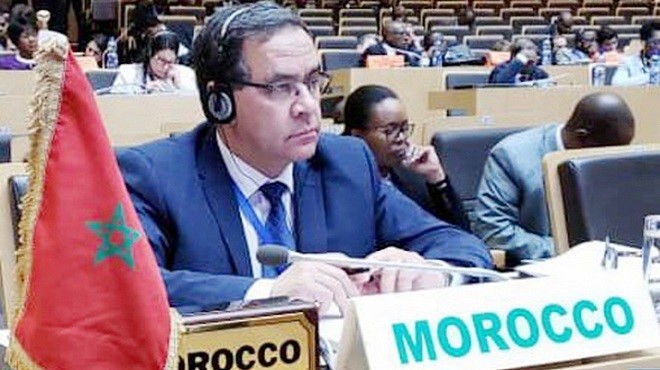A World Bank statement obtained stated that despite a sluggish global environment, the country’s real GDP grew by 5.3% in 2023, signalling a continued recovery from the COVID-19 pandemic and persistent external headwinds.
“We are pleased to see the Gambia’s economic activity improved,” said Feyi Boroffice, World Bank Resident Representative. “The improved agricultural production and increased public consumption as well as private and public investment drove this positive growth. However, challenges such as higher inflation, monetary tightening and economic slowdown in advanced economies disrupted the tertiary sectors and slowed private consumption, all of which tempered the country’s overall performance”.
Boroffice said inflation continued its uptrend throughout 2023 to reach even higher levels in decades, mainly due to global price of commodities.
She said the Central Bank has responded by further tightening monetary policy to curb inflation, raising the policy rate to 17% in December 2023 from 13% a year before.
Boroffice stated that looking ahead, the economic outlook for The Gambia remains favourable, with GDP projected to grow by 5.6% over the period of 2024-2026.
Growth will be driven by increased economic activity in all sectors, while hinging on a continuous commitment to macro-fiscal stability.
She pointed out that the prolonged regional and global geopolitical tensions, debt vulnerabilities, reemerging forex pressures, extreme weather events, fiscal slippage, and continued financial tightening, pose downside risks to the country’s economic prospects.
“The Gambia’s economic recovery is encouraging, but there is need to address structural constraints hampering faster growth,” emphasised Ephrem Niyongabo, World Bank Economist.
“It is crucial for the government to implement policies that enhance transformative structural changes, needed to sustain productivity and productivity and support the country’s inclusive economic growth agenda.




